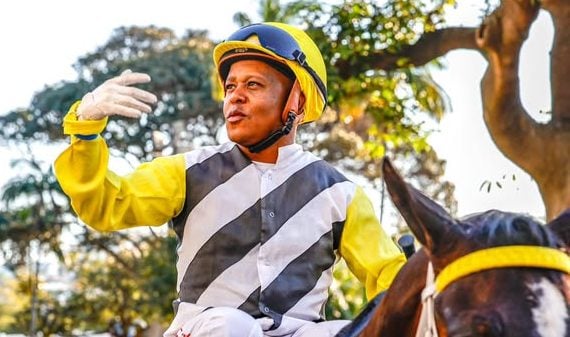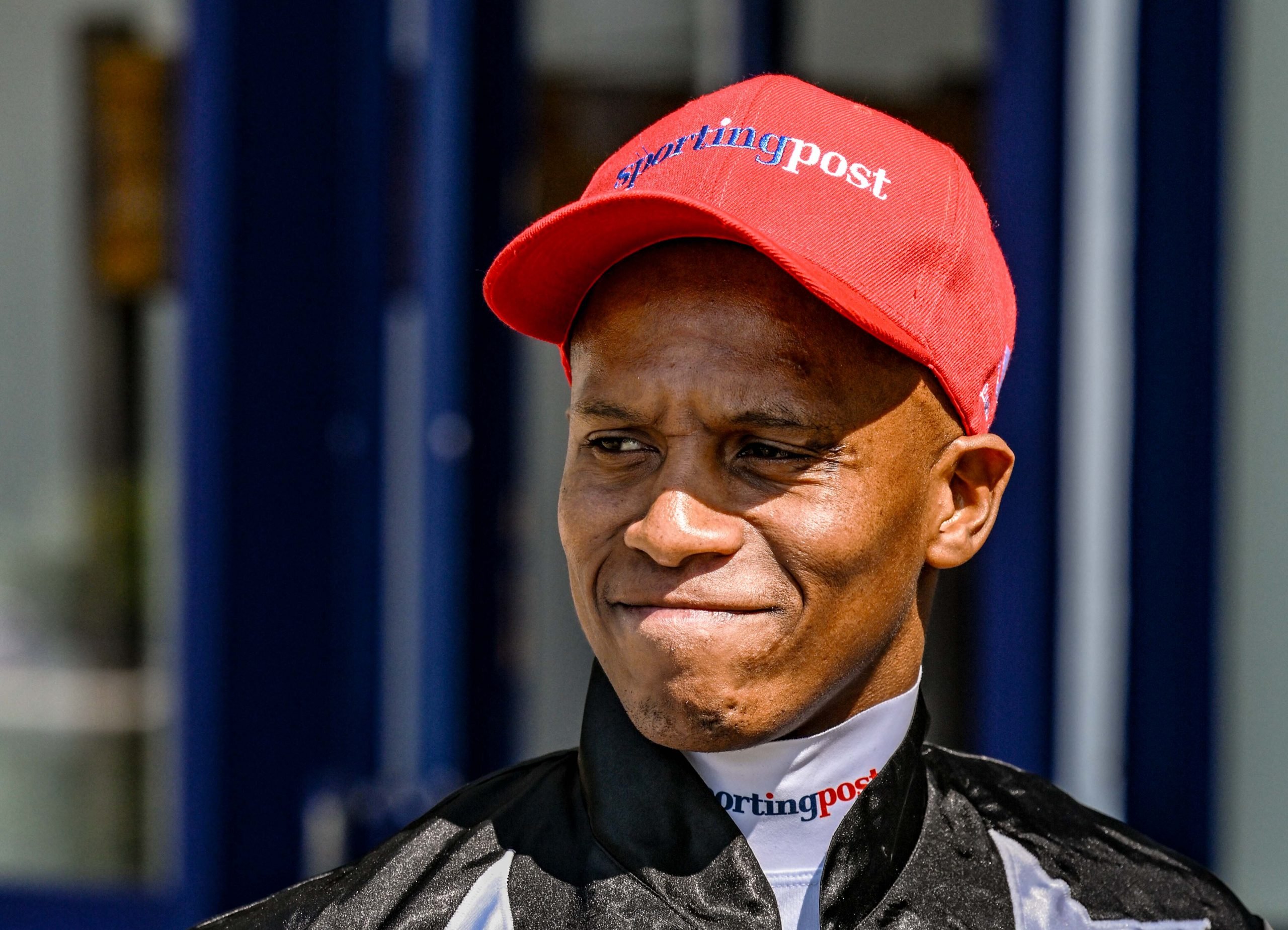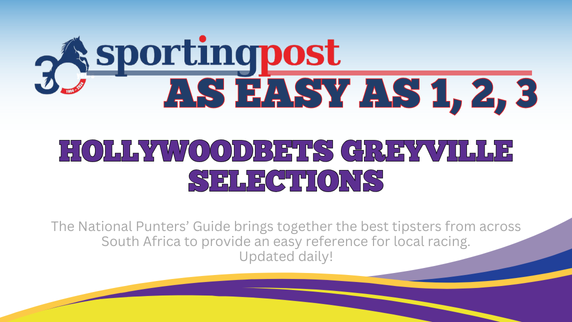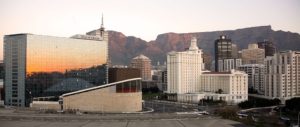
World- Class. The Cape Town International Convention Centre is home to the groundbreaking Cape Premier Yearling Sale
Amalgamation and the forging of a unified front for the larger good of South African horseracing appears to be the most likely way forward following an exploratory meeting recently between Bloodstock South Africa and the relatively new kid on the block, Cape Thoroughbred Sales.
Testing economic realities on an ever changing sales horizon have meant that the thoroughbred racehorse breeding industry the world over has had to reinvent the way that business is done.
Balancing a quality product demanded by an increasingly discerning and hard-pressed market, against expediting life-giving cash-flow to vendors, is just one of the challenges facing the traditional school.
The establishment of Cape Thoroughbred Sales last year certainly rocked the boat and attracted attention with guaranteed payment terms, coupled with the wining and dining of local and international prospective buyers on a scale never seen before. The sales venue, the Cape Town International Convention Centre is truly a unique and exciting venue within the city limits of one of the world’s favourite destinations. There was suddenly money to do some serious marketing, and it seemed to work. Or did it?
Bloodstock South Africa is the marketing arm of the Thoroughbred Breeders’ Association, which was established in 1921. They run the Emperors Palace National Yearling Sale, the Milkwood Sale, the Cape Mare and Weaning Sale, the Suncoast Casino KZN Yearling Sale, the KZN Mare/Weanling/Horses in Training/Fillies Sale, the Emperors Palace National Two-year-old Sale and the Emperor’s Palace Ready To Run Sale.
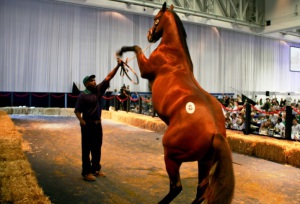
Rising To The Challenge. The CTICC proved a hit with the horses and the visitors
Ian Robertson, who is the chairman of the TBA, said that the council of the TBA and the directors of the Cape Thoroughbred Sales, had both agreed that the two organisations needed to get together to ‘put our houses in order,’ and added that there were still ‘a lot of negotiations to be done before anything was concrete.’
The fledgeling Cape Thoroughbred Sales Pty Ltd(CTS), was formed specifically to run commercial auctions in the Western Cape. They host the innovative Cape Premier Yearling Sale Book 1 at the Cape Town International Convention Centre within the shadow of Table Mountain. This was the highest grossing sale in South Africa to date in 2012, with 21 lots reaching a million rand plus and with an average of R401 000. Buyers from over fifteen countries were present at the first sale in 2011 and the event showed commendable and noticeable growth this year.
They also host the Book 2 Sale, which took over from the old Vintage Sale when Equimark recently closed, after supremo Lionel Cohen emigrated to Australia, where he now trains horses. This sale combined with the TBA’s regional sale and is held as a joint initiative.
The Book 2 Sale has been moved back three weeks to 23 and 24 March 2013. CTS also have the Cape Ready To Run Sale, which is to be held on 14 December 2012 at Durbanville. Graduates of this sale will qualify for a R2 million rand race to be run at Kenilworth. Vendors are also intriguingly guaranteed payment by 24 December.

Big Player. Markus Jooste is one of the bigger names behind Cape Thoroughbred Sales
Cape Thoroughbred Sales boasts some of the powerhouses of the game and it’s eight directors read like the who’s who of SA horseracing. The big names include Markus Jooste (Klawervlei), Mary Slack (Wilgerbosdrift), Andreas Jacobs (Maine Chance Farms), Gaynor Rupert (Drakenstein), Mike Sharkey (Highlands), Mick Goss (Summerhill), Ashley Parker (Ascot) and Craig Carey (Arc en Ciel).
Former American President Herbert Hoover is on record as suggesting that competition is not only the basis of protection to the consumer, but is also the incentive to progress.
That was said a long time ago and while we would ordinarily not argue the point, it may make sense to bury differences and move forward as one entity. We live in very difficult times, after all, and the real competition exists more in survival, than in the smoke and mirror threats posed by deceptively powerful opposing forces.
Consider too that the duplication of effort and resources through the operating and strategic costs of running two companies must also mean that the desperately needed returns to the sport can only be compromised in the short-term.
The overall market for simple retention and growth is also not boundless, and the folly of chasing a limited overseas market is obvious. The drive can only benefit from combining brain-power and networks, rather than adopting a potentially destructively competitive attitude.
There are other pressing issues to resolve too.
With the J&B Met having moved a week later to its new position of the first Saturday in February – it is now being run on 2 February 2013 – the star attraction and social crutch offered by the internationally popular race is no longer there.
The timing of the Cape Premier Sale Book 1, scheduled for 24 and 25 January, now suddenly looks threatened. And the word is that the Cape Town Convention Centre cannot accommodate a shift in schedule to a week later to benefit from the Met build-up.
We live in interesting times. There is no point in two diversely talented entities squaring up and fighting over a small cake. It also serves no purpose throwing good money after bad while brandishing arms and flexing muscles as the industry bleeds.
We hope the talking continues and a resolution is reached soon in the best interests of the game we love. Racing should always be the winner






